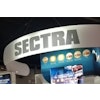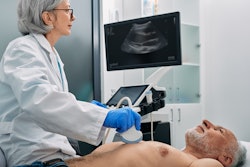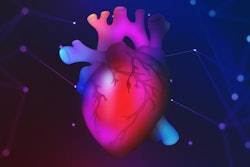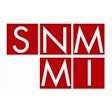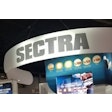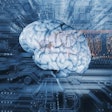
The European Society of Cardiology (ESC) has called for competency-based cardiac imaging delivery to ensure effective patient care, according to a statement published August 25 in the European Heart Journal.
"Cardiology is both central and integral to cardiac imaging, and while collaboration with cardiac radiologists and nuclear cardiology physicians can be useful and is encouraged, it is not essential as long as the required expertise is covered by the imaging cardiologist, which is often the case," wrote Mark Westwood, MD, of Queen Mary University of London, and colleagues.
The position statement was initiated by the ESC and the European Association of Cardiovascular Imaging (EACVI) because they disagree with the implied view that radiology alone is critical and always required for cardiac imaging, according to a news release.
In the statement, the authors wrote that cardiovascular imaging is integral to managing all aspects of heart disease, including diagnosis, risk assessment, early detection and prevention, therapeutic decision-making, guidance of invasive therapies, and long-term monitoring.
The types of imaging include:
- Echocardiography
- Cardiovascular magnetic resonance
- Invasive coronary angiography and cardiac computed tomography
- Advanced invasive imaging (optical coherence tomography and intracardiac echocardiography)
- Nuclear cardiology
"Delivery of high-quality cardiac imaging services requires expertise in imaging methodology and an in-depth knowledge of heart disease. Cardiologists are well positioned to meet both of these needs," ESC said.
Ultimately, one of the major barriers to the wider adoption of fundamental diagnostic tests in many countries is the focus on specialty-based rather than competency-based delivery of cardiac imaging services, ESC said.
In a report published this year, the ESC and European Society of Radiology (ESR) outlined their vision of cardiac radiology in Europe, which emphasized the need to increase cardiac imaging expertise and capacity amongst radiologists. However, the report failed to acknowledge the integral role of cardiologists in cardiac imaging, ESC wrote.
The ESC noted that all of its subspeciality associations have endorsed the document, including the EACVI, the Association of Cardiovascular Nursing & Allied Professions, the Association for Acute CardioVascular Care, the European Association of Preventive Cardiology, the European Association of Percutaneous Cardiovascular Interventions, the European Heart Rhythm Association, and the Heart Failure Association.
The full article is available here.



